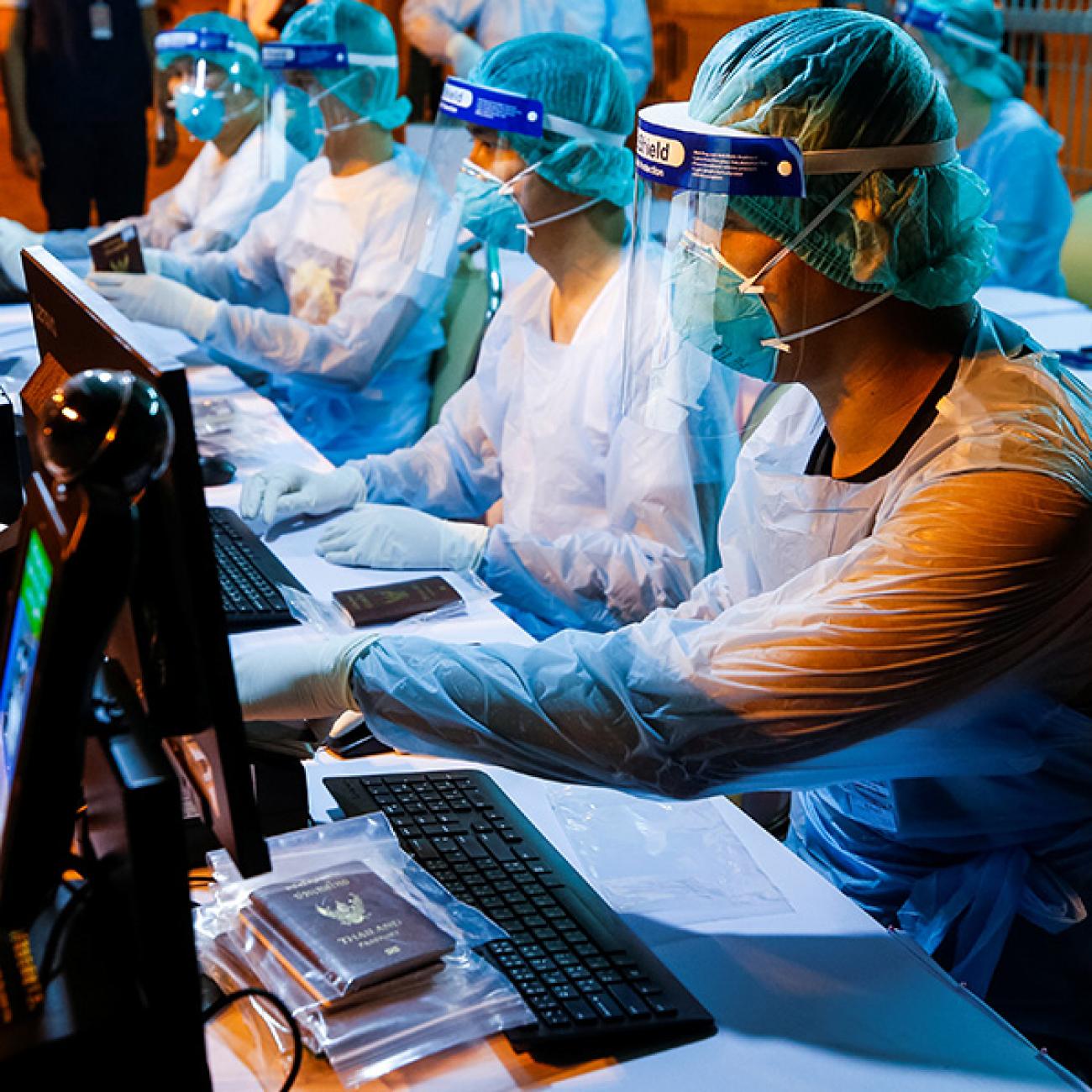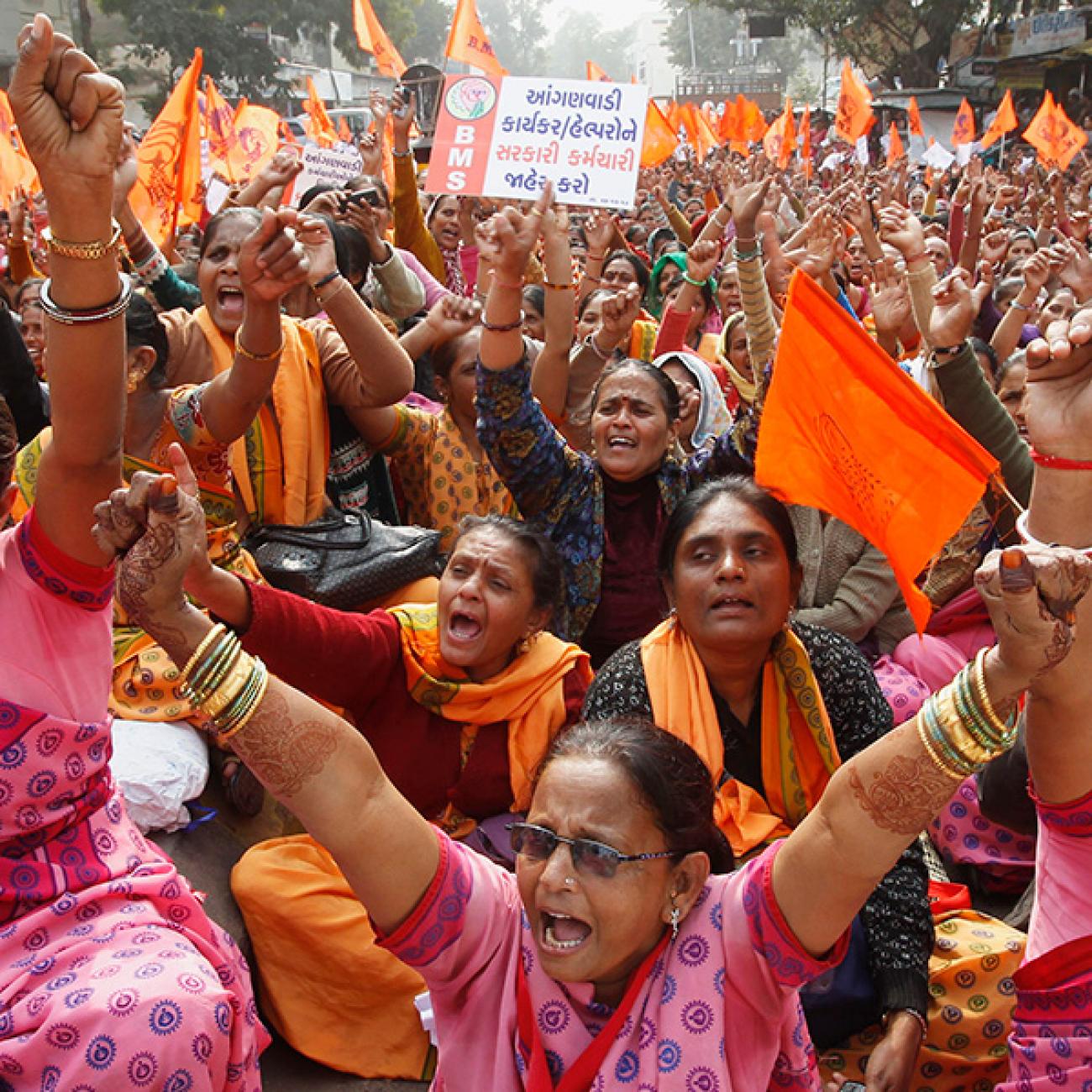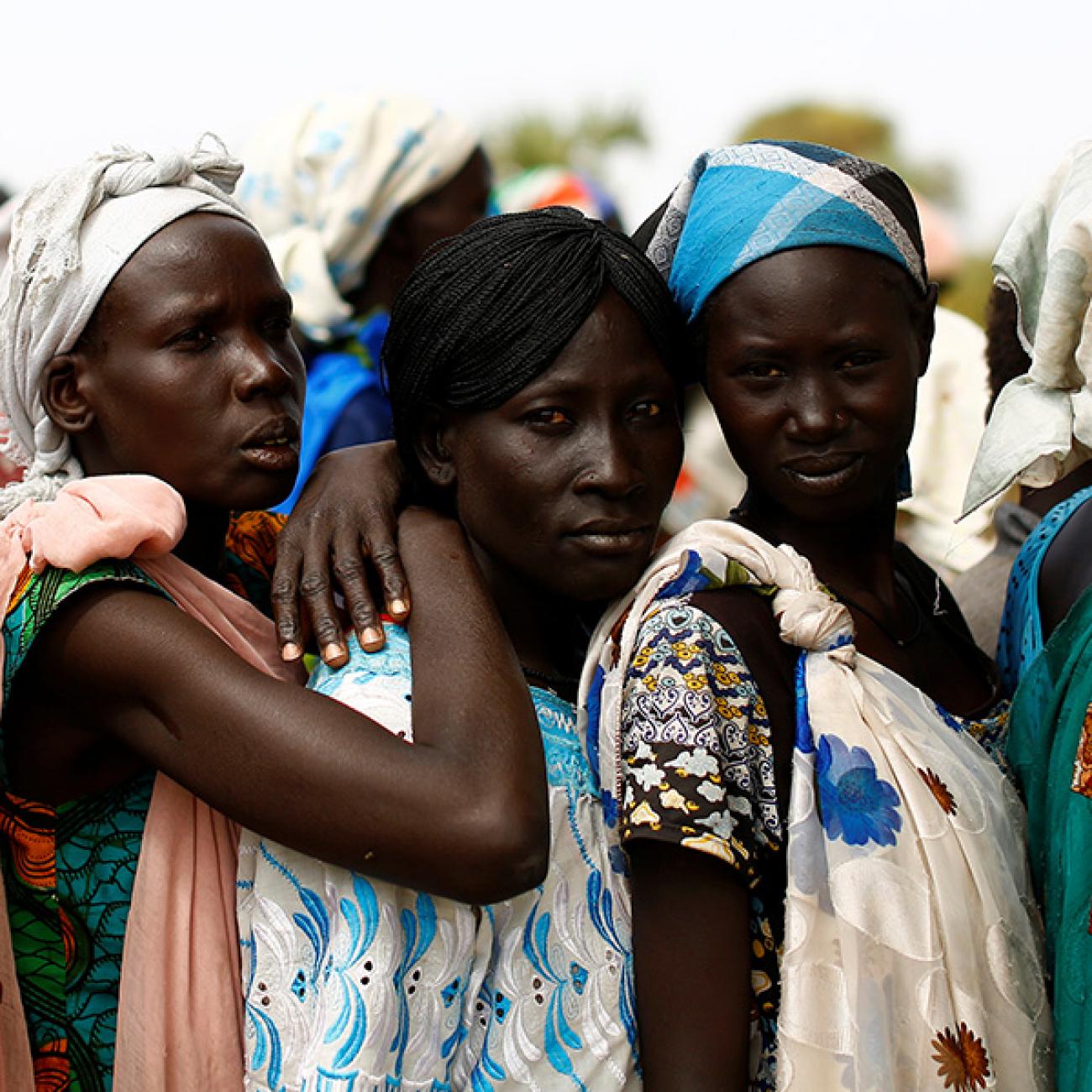In unprecedented times, delegates to the 73rd World Health Assembly—the first ever to be held virtually—have taken a clear and comprehensive approach to the current COVID-19 pandemic, as reflected in a well-supported resolution adopted yesterday. With 130 of the 194 WHO member states co-sponsoring the resolution, there is broad consensus and commitment to its core tenets of an inclusive, empathetic and globally coordinated pandemic response and recovery.
Moreover, WHO Director-General Tedros Adhanom Ghebreyesus has already agreed to an independent and comprehensive evaluation of the global response—including, but not limited to, WHO’s own performance.

It turns out that in the face of a global health emergency, multilateralism is thriving. Better yet, that multilateralism appears to be ever-more gender-responsive.
It includes three key provisions for ensuring gender-responsive approaches
This World Health Assembly had multiple examples of women's leadership, from the opening moments of the meeting, which included speeches from Mia Mottley, the prime minister of Barbados, Simonetta Sommaruga, the President of Switzerland, and Angela Merkel, the chancellor of Germany, to the assembly presidency, held by Keva Bain of the Bahamas, to the contents of the COVID-19 resolution itself. The document is a significant step forward in acknowledging the need for gender equity in global health because it includes three key provisions for ensuring gender-responsive approaches.
- Encouraging the involvement of women in all stages of decision-making processes, including in the COVID-19 response and recovery;
- Including women, who are the majority of frontline health workers, in its list of populations at highest risk of COVID-19, and stressing the importance of gender-responsive measures to protect them; and
- Asking member states to implement national action plans that are explicitly gender-responsive as a way of ensuring respect for human rights and fundamental freedoms, and to take necessary measures to ensure social protection, protection from financial hardship, and the prevention of insecurity, violence, discrimination, stigmatization, and marginalization.

Prominently including these key provisions for gender equity is encouraging and is a sign of progress since the not-so-far-gone days of completely gender-blind policies coming out of global health decision-making bodies. Thinking about women's involvement in the response to COVID-19—or any pandemic for that matter—is not only the right thing to do, but the smart one as well. We know we can’t defeat coronavirus without women.
But the resolution still falls far short. It does not include provisions for three of the biggest areas where governments could act to make pandemic responses more gender transformative.
What is missing is actual investment into decent work conditions and fair compensation. This remains the unfinished business for gender equality
First, the governments should enact and enforce policies that mandate employers pay all female health and social workers fairly. Women who are health care workers contribute about $3 trillion to the global economy, but about half of that is unpaid—and this is only exacerbated in emergencies like the COVID-19 pandemic. Nearly every WHO member state has acknowledged the importance and value of nurses, midwives, and other front-line health workers during this crisis. It’s wonderful to clap for them as they leave urban medical centers at the end of a long shift, but what is missing is actual investment into decent work conditions and fair compensation. This remains the unfinished business for gender equality.

Second, member states must fulfil their obligation to report sex-disaggregated coronavirus data that allows for an understanding of the differences in the way the virus affects men and women. This evidence is critical to inform more effective policies that mitigate the impact of health emergencies like COVID-19 on health services, including sexual and reproductive health services and secondary effects such as an increase in gender-based violence. The agreed-upon independent review process of the global COVID-19 response presents an opportunity to incorporate these important questions in an official gender analysis—key information that can inform preparedness for future global health emergencies. Unfortunately, the interim report for the independent review includes limited gender-related analysis—there’s only one mention of gender in the entire document.
There’s only one mention of gender in the entire document
Finally, member states and partners need to ensure that COVID-19 funding is inclusive of women-centered organizations, especially those in the Global South, so that women have the resources they need to better set gender-responsiveness into our health systems. Together, pledges totaling nearly $10 billion from Europe and China could go a long way to making this happen. But as it stands, less than 1 percent of global development funds intended to address gender issues actually go to women-led organizations. There are many ways to rectify this—one is to initiate a “gender marker” that allows tracking of gender-related funds.

Finally, in our list of disappointments is the continued under-representation of women in decision making at the 73rd World Health Assembly. Women in Global Health’s annual analysis shows that the proportion of chief delegates to the World Health Assembly who are women has remained stubbornly stagnant for years. After peaking at just 31 percent in 2017, we’re back down to just 23 percent of delegations being female-led. We know women from WHO member states are leading COVID-19 responses—and leading well—so where are their seats at the biggest table of all in global health?
After peaking at 31 percent in 2017, just 23 percent of 2020 delegations at the World Health Assembly were female-led
Then there are the forces undermining women and girls’ rights, gender equity, and multilateralism. This landmark resolution passes against the backdrop of deeply troubling global challenges—economic, social, and political disruptions that have the potential to derail progress towards the collaborative, equitable, and healthy world envisioned in its contents. Despite this, we need to keep our momentum going. Gender equity matters for men’s lives as much as women’s. Clearly, there is still work to do to build better, more gender-responsive health systems that will help us be more ready for the next pandemic.







